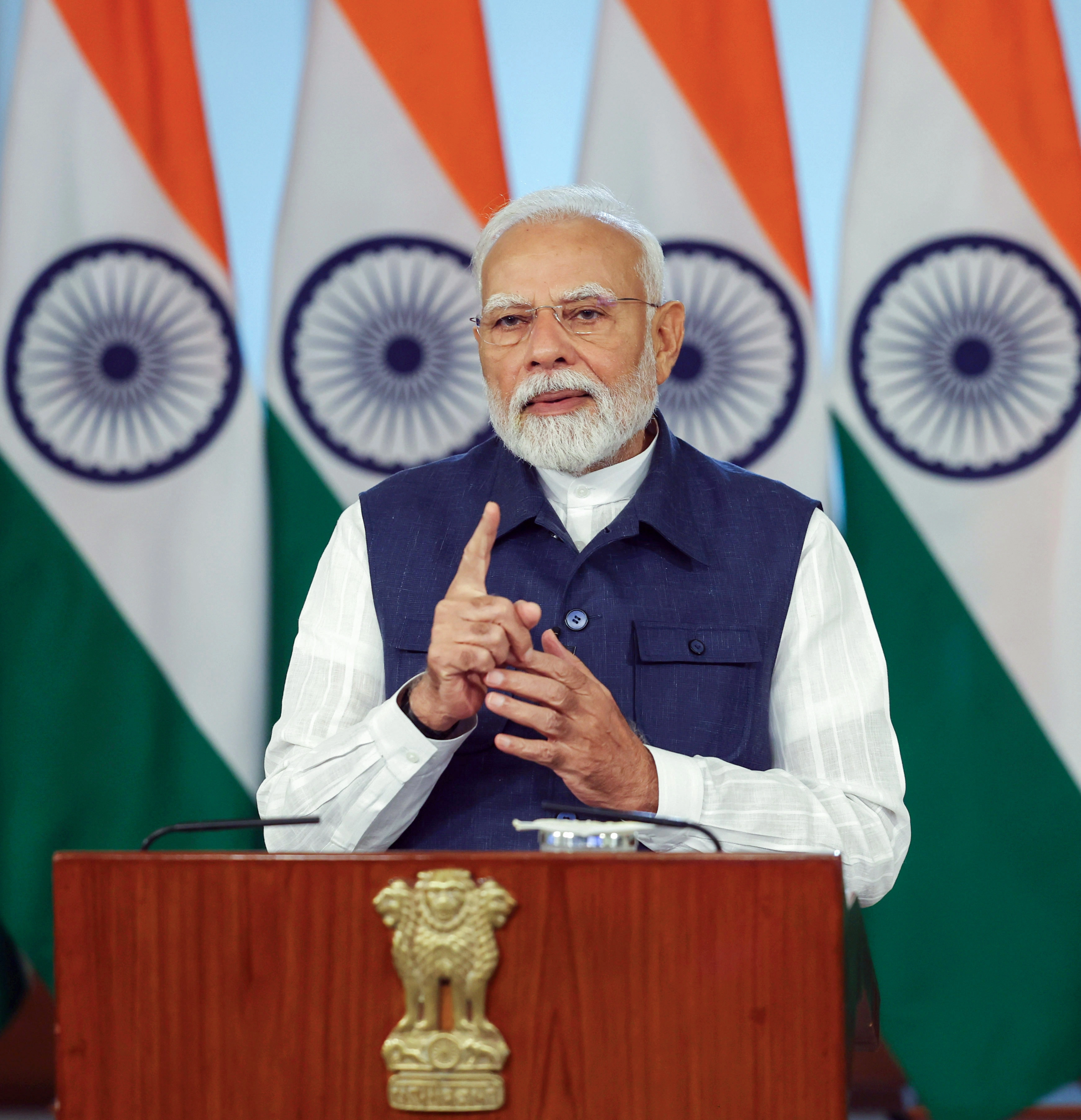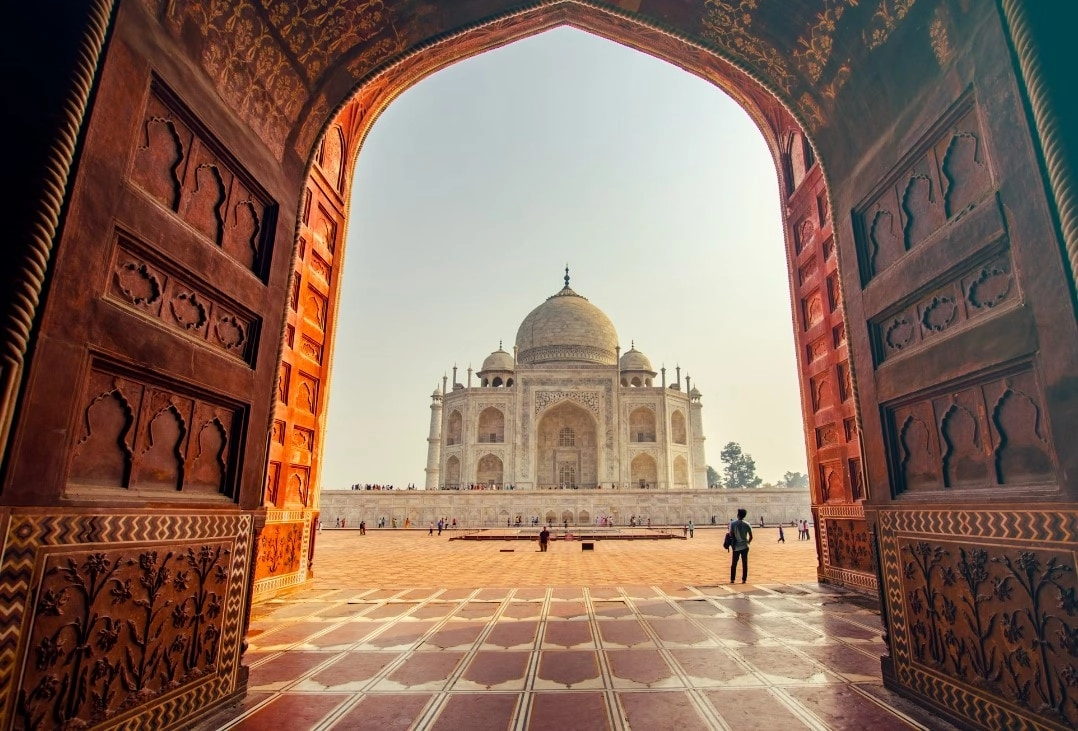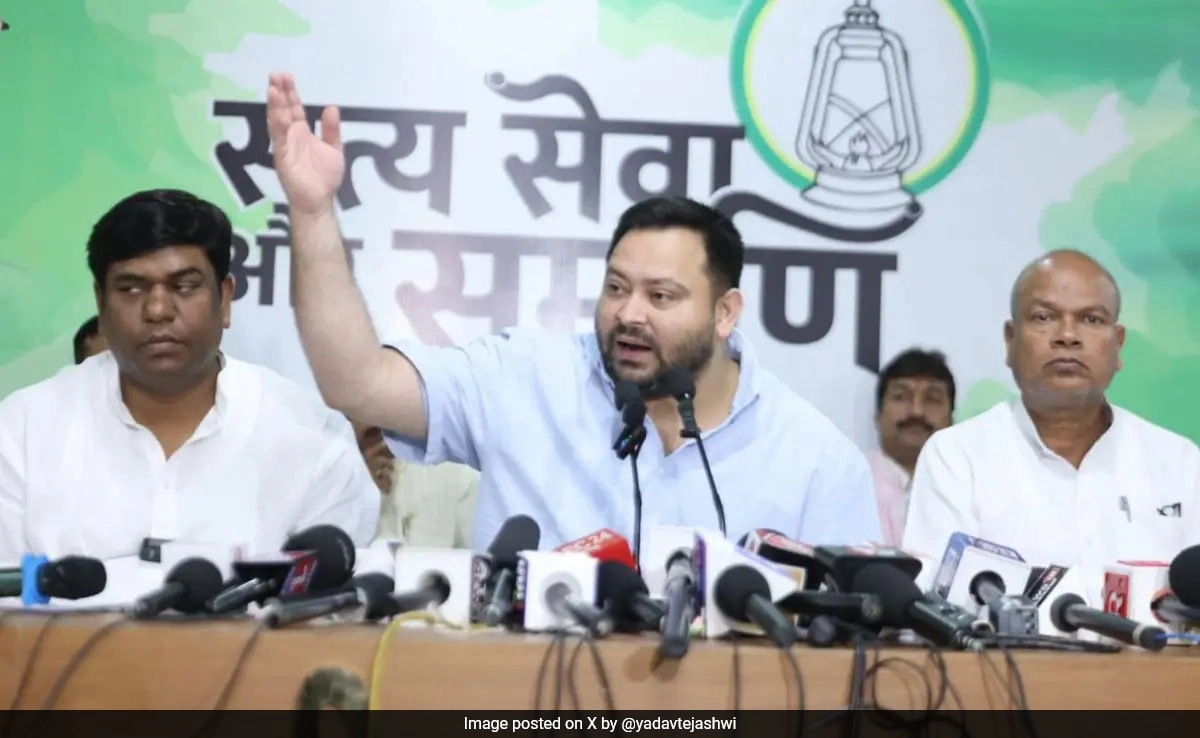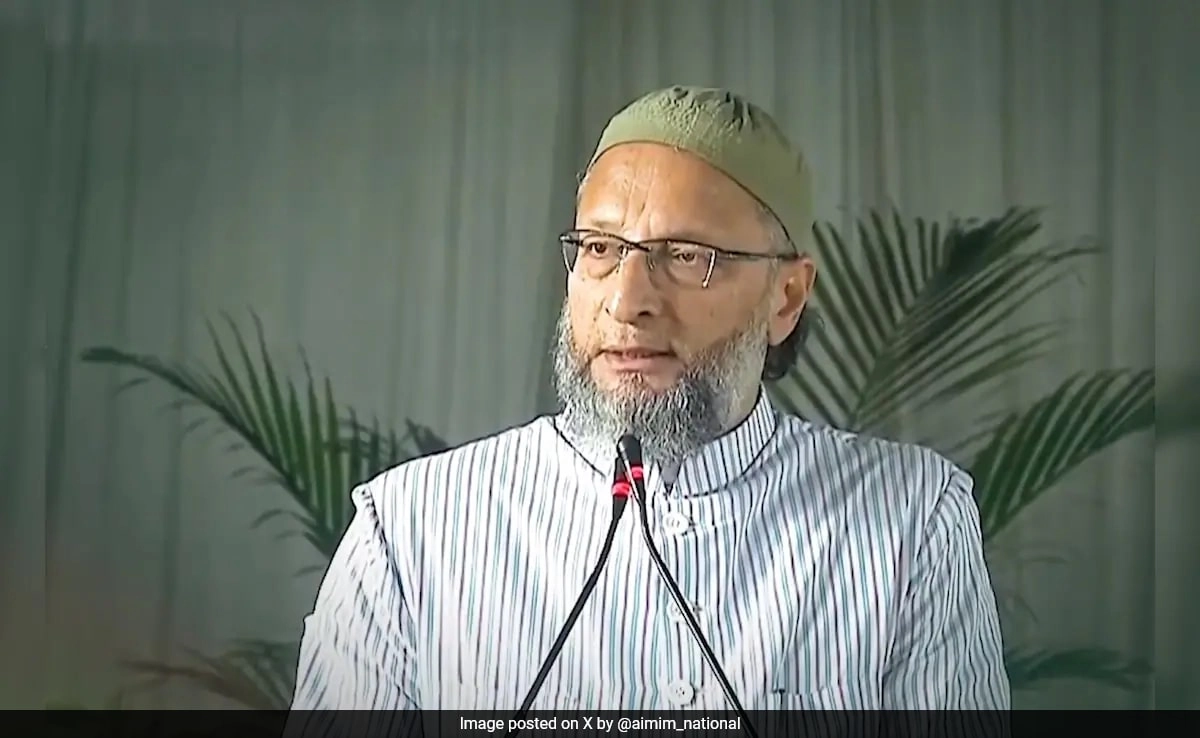In the wake of the recent attack in Pahalgam, Prime Minister Narendra Modi has expressed his deep outrage and sorrow, stating that the “blood of every Indian is on the boil.” This statement reflects the heightened emotions and national sentiment following the tragic incident, which has left the country grappling with grief and anger. The Prime Minister’s words underscore the collective pain felt across India as citizens come to terms with the violence that has permeated their sense of security. The Pahalgam attack, which has resulted in significant loss of life and injuries, has sparked widespread condemnation and calls for justice, amplifying demands for stronger measures against terrorism.
Modi’s impassioned remarks aim to unify the nation in its response to the attack, emphasizing the need for resilience and solidarity in the face of adversity. He has reiterated the government’s commitment to ensuring the safety and security of all citizens, vowing that those responsible for this heinous act will be brought to justice. The Prime Minister’s call to action resonates with a public that is increasingly intolerant of violence and determined to stand against threats to national integrity. His statement serves not only as a condemnation of the attack but also as a rallying cry for unity among Indians, reinforcing a collective resolve to combat terrorism and uphold the values of peace and coexistence.
As investigations into the Pahalgam attack unfold, the government is under pressure to respond decisively. The incident has reignited discussions around national security policies and the effectiveness of counter-terrorism measures. Citizens and political leaders alike are demanding answers and accountability, urging the government to take proactive steps to prevent such tragedies in the future. The attack has also intensified the dialogue surrounding the protection of vulnerable regions and communities, highlighting the need for comprehensive strategies to address the root causes of violence. As the nation mourns, the focus shifts toward healing and rebuilding, with leaders emphasizing the importance of resilience and hope in overcoming such dark times.
In the face of this tragedy, it is crucial for the government to not only respond to the immediate aftermath but also to engage in long-term solutions that foster peace and security. The Pahalgam attack serves as a stark reminder of the ongoing challenges that India faces in its fight against terrorism. As the nation stands united in its grief, there is a shared understanding that the path forward must involve collaboration among citizens, civil society, and the state to build a safer and more secure future for all.




